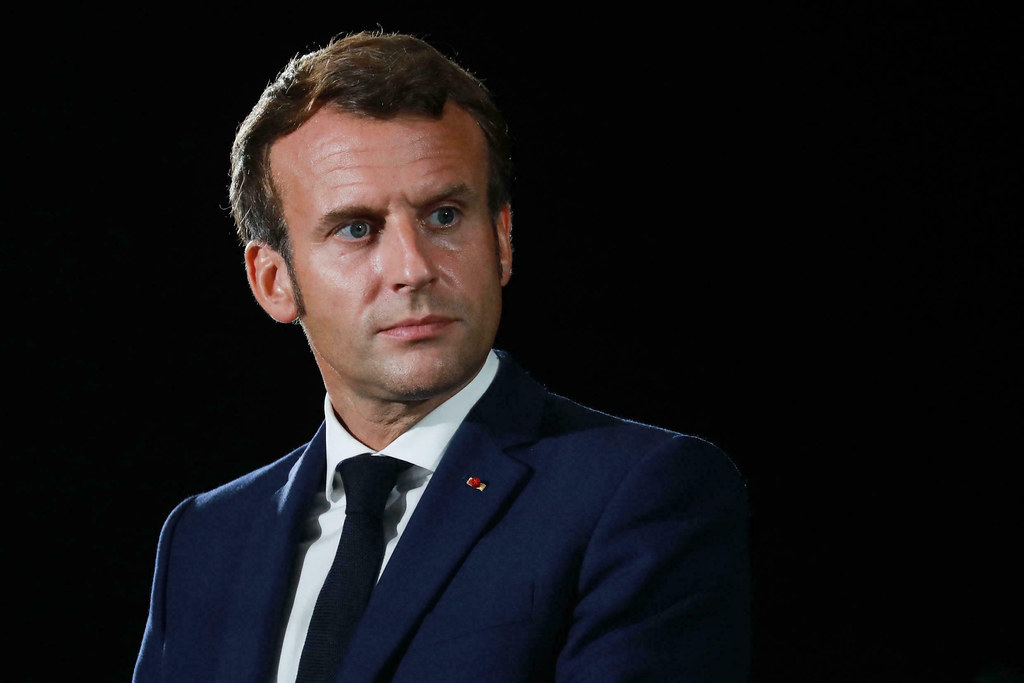All the (slightly Macronian) effects of the elections in France

The result of the legislative vote marks an ideological repositioning of the French political forces and the end of the overcoming of traditional political forces attempted by Macron since 2017. The study by Enrico Martial
Following the second round of the French legislative elections, with 246 seats in the National Assembly, the coalition "Ensemble!" of President Emmanuel Macron is far from the majority of 289 votes needed to get the laws and his reforms voted. Furthermore, voices opposing any form of parliamentary alliance prevail today.
On the other hand, with the absorption policy at the center, numerous Républicains have over time joined Macron, from Edouard Philippe to Bruno Le Maire. The remainder, who now have 64 parliamentarians (down from 113 in the previous legislature), are mostly in opposition to the President of the Republic. Prominent anti-Macron figures are Eric Ciotti, who was the right-most candidate of the party primaries, the new generation represented by Aurélien Pradié, 36-year-old elected to the Lot department, and the party secretary, Christian Jacob. There will be no immediate changes: on France 2 , on Sunday evening, Jean-Francois Copé expressed a proposal for parliamentary collaboration with the prudence of an internal minority, and limited to the policies of the Républicains.
Jean-Luc Mélenchon, who holds the steering wheel of the left-wing coalition, even raised the idea in a short speech that his area still has to progress. In the hypothesis of the dissolution of the lower house, if it were ungovernable, perhaps in a year, it could increase in support and lead the government, an objective not achieved in this campaign, which handed over 142 deputies to the Nupes coalition. The area is far from compact on various topics, from nuclear power to Europe, from war to public spending, but at the moment there are no signs of internal tensions.
Prime Minister Elisabeth Borne paved the way for finding majorities on a case-by-case basis. The reform of the retirement age at 65 has disappeared from the radar, to the advantage of policies of greater parliamentary consensus, from the strengthening of purchasing power to measures on climate change. Borne will also try to count the smaller and scattered forces, such as the 21 socialists opposed to the coalition with Mélenchon, who still managed to get elected.
However, the government is weakened. Some ministers have not been elected and will have to leave him, such as Amélie de Montchalin, who had recently taken over ecological planning, or Brigitte Bourguignon, who will hand over the health department. Two big shots were defeated, Christophe Castaner, head of the deputies, and Richard Ferrand, outgoing president of the Assembly.
Finally, Marine Le Pen gets a strong parliamentary presence of 89 seats, compared to 8 deputies in 2017. It will be a frontal opposition, with the possibility even to seek some majority against Macron on individual policies, such as on Islamism and "communitarianism", or on Russia and armaments.
The result of the legislative vote marks an ideological repositioning of the French political forces and the end of the overcoming of the traditional political forces attempted by Macron since 2017. The three blocs of left, center and right that had manifested themselves in the first round of the presidential elections in May last, with Emmanuel Macron, Marine Le Pen and Jean-Luc Mélenchon in the area of 25% of the votes, he finds himself in the elected parliament, in which radical positions are also articulated both on the left and, with the Rassemblement national, on the right.
Lastly, the vote of June 19 obliges Macron to change the method, but for observers he remains a centralizing president, who has greatly neglected parliament.
On the other hand, the whole of France is by now little used to parliamentary mediation, and is concerned about the conflicts of the fourth republic. With the constitutional reform of 2000, the reduction of the president's mandate from seven to five years, the concomitance of the legislative elections was supposed to ensure him a majority and avoid cohabitation between competing political forces: however, it has so far prevented the re-election of outgoing presidents. Macron, on the other hand, was successful, but without a parliamentary majority. In the Fifth Republic, only Michel Rocard as prime minister had made it to the lower house with a relative majority in 1988. He had 275 seats, 29 more than President Macron's current coalition.
This is a machine translation from Italian language of a post published on Start Magazine at the URL https://www.startmag.it/mondo/tutti-gli-effetti-poco-macroniani-delle-elezioni-in-francia/ on Mon, 20 Jun 2022 07:19:13 +0000.
